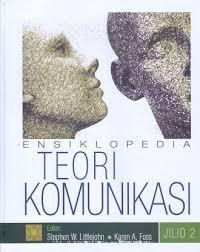Author Stephen B. Knouse does not consider reward and recognition to be a static set of principles, but rather a continually evolving process. This process diversifies into new areas, such as motivation, leadership, group dynamics, and other areas of behavior. In this way, TQM can be responsive to both its internal and external customers. Knouse also explains how to integrate the characteristics of the reward and recognition process with TQM. TQM emphasizes important psychological concepts, such as cultural change, leadership, and teamwork. However, very little has been written about the psychological theory behind these concepts. This book provides psychological frameworks for understanding the reward and recognition process. As a result, the idea of motivation and its importance to reward and recognition becomes clearer. Employee motivation within any organization must also be managed carefully in order to achieve optimal effectiveness. Various motivation principles used within the TQM organization are detailed to provide a thorough understanding of these key practices. Motivational theories are illustrated and explained in basic terms, so the importance of these critical issues shows why reward and recognition will work in a quality environment. Many organizational examples of reward and recognition within the manufacturing, service, public, and international sectors are also presented to further demonstrate the motivational techniques as they relate to what other successful TQM organizations are doing. Companies share effective reward and recognition techniques. Effective performance evaluation is behind any reward and recognition program. A performance evaluation system for TQM requires that performance criteria be established that support the quality and customer orientation of the organization. This book shows how to create and maintain those criteria. It also presents some of the unique pitfalls of performance evaluations and offers specific and successful ways to avoid them. Each chapter includes techniques for improving the reward and recognition process. Workforce diversity is an important issue in today's organizational environment. Diversity relates to a variety of characteristics, such as mutual respect, acceptance, and teamwork Knouse identifies and discusses these and many other important emerging issues. He suggests new directions that can link reward and recognition to the role of charismatic leadership, competition, and prestigious quality awards. These will all have an impact on the workforce and TQM in the future.
However, very little has been written about the psychological theory behind these concepts. This book provides psychological frameworks for understanding the reward and recognition process.










